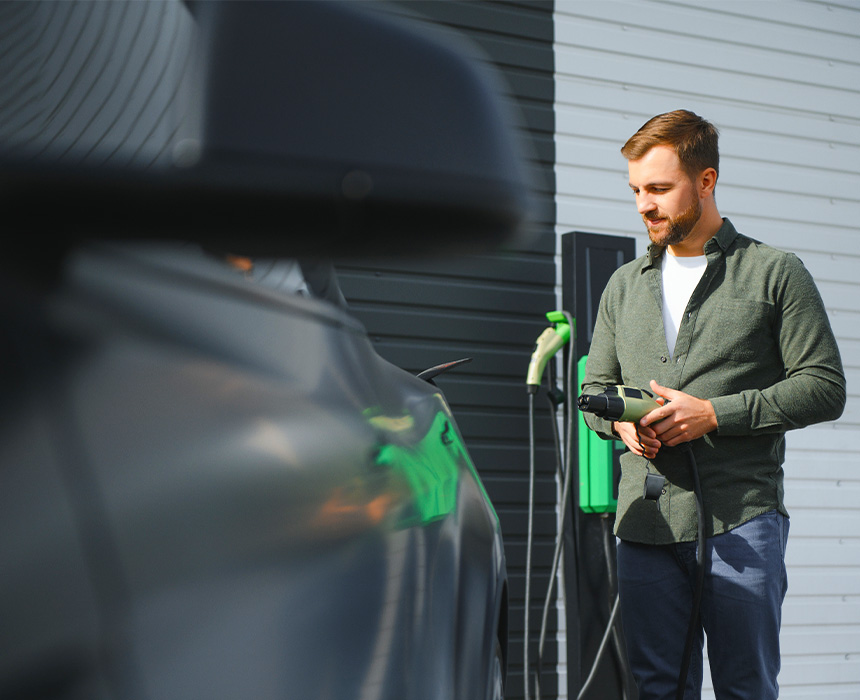The Impact of Electric Mobility on Urban Life and Energy Policies
Electric mobility has emerged as one of the most significant transformations of modern societies. This change is not limited to advancements in vehicle technology; it extends to the redesign of cities, the restructuring of energy policies, the evolution of social habits, and the strengthening of environmental sustainability. With the spread of electric vehicles, unprecedented restructuring is taking place in transportation, energy, economics, and cultural life.
Electric Mobility in Urban Life
The noise and emissions produced by traditional vehicles have negatively affected quality of life in major cities. Electric mobility addresses this challenge by making urban environments cleaner, quieter, and more livable. Across Europe and Asia, metropolitan areas are increasingly adopting electric buses, shared scooters, and car-sharing platforms, integrating them into existing transportation infrastructures. These systems provide citizens with flexible and sustainable options beyond private ownership, enabling new modes of participation in city life.
A New Era in Energy Policies
The rise of electric mobility also signals a major shift in energy policies. As transportation transitions from reliance on oil and fossil fuels to electricity-based systems, governments are compelled to create new strategies for energy security, renewable energy investment, and smart grid technologies. Integrating electricity produced from solar and wind power into charging networks plays a critical role in reducing carbon emissions and ensuring sustainable supply.
Economic Impacts
Electric mobility is not only a technological and environmental shift but also an economic opportunity. New business models are emerging in areas such as battery production, software development, charging station installation, and data management services. This creates new avenues for economic diversification and employment, particularly in developing countries. For oil-import-dependent nations, electric mobility also improves trade balances and enhances energy independence.
Environmental Benefits
One of the greatest contributions of electric vehicles is their environmental impact. Reduced carbon emissions, lower noise pollution, and improved air quality in cities directly benefit public health. Furthermore, charging infrastructures powered by renewable energy are central to achieving international climate goals, positioning EV adoption as a critical component of sustainability strategies.
Social Change
Electric mobility is redefining how individuals approach transportation. Shared mobility, micromobility solutions, and digital applications shift the focus away from individual ownership toward collective use. This strengthens cultural adoption of shared practices and fosters the embrace of sustainable lifestyles across societies.
Future Outlook
Looking ahead, electric mobility will further evolve with autonomous driving systems, AI-powered fleet management, and blockchain-based payment solutions. In urban planning, smart charging hubs integrated into green areas, mobility networks combined with public transportation, and energy storage solutions connected to smart grids will increasingly define the core of urban infrastructure.
Conclusion
Electric mobility is a multidimensional movement transforming urban life, redefining energy policies, generating economic opportunities, and delivering environmental benefits. As this transformation accelerates, cities are expected to become more livable, societies more sustainable, and economies more resilient in the years ahead.




